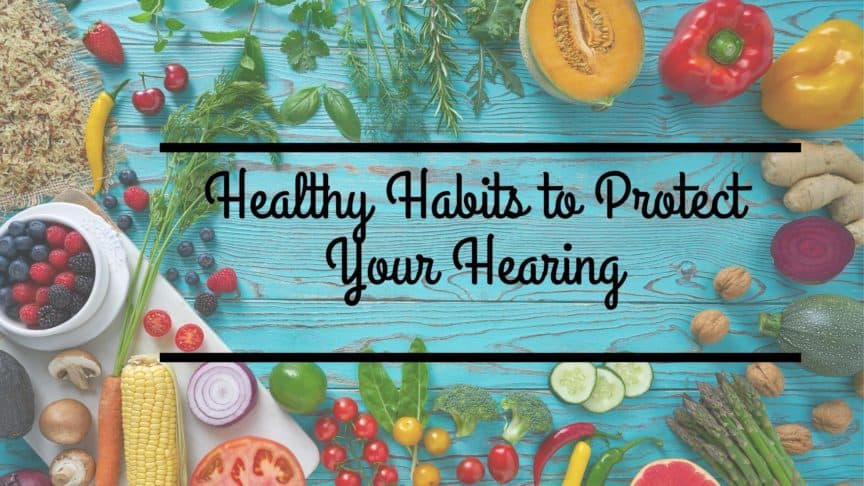There are many factors that can damage your hearing. Knowing the threats to your hearing can help you to make healthier choices, which avoid the devastating side effects of hearing loss.
The Dangers of Hearing Loss
When you start to look at hearing and health, you may find that the two are more interconnected than you may first suspect. Commonly mistaken as just an ear issue, the communication problems which arise due to hearing loss have incredibly serious emotional, cognitive and physical side effects.
When you struggle to connect to the people in your life your relationships slowly erode and rifts form. This is true of your closest relationships, such as your significant other and also professional relationships. These rifts can cause major blows to self-confidence, causing chronic depression, anxiety and sleep issues. These emotional and hearing issues can cause many to avoid social situations, which not only furthers depression but can lead to cognitive decline and a less active lifestyle.
In addition, those who suffer hearing loss are at a much higher risk of falls and accidents as they are less aware of their surroundings. Understanding how to protect your hearing can avoid these dangerous side effects from occurring. Here are a few tips to protect your hearing.
Wear Hearing Protection
One of the greatest risks to your hearing is noise. Noise is measured in decibels and any decibel level over 85dB can begin to cause noise-induced hearing loss. While hearing loss in the past has been commonly associated with old age, a new generation is finding they are having to deal with hearing loss due to noise at work and at home. For instance, 50% of people ages 12-35 are exposed to unsafe levels of noise from use of personal audio devices. It is important to know the decibel level in the places you spend the most time, such as work, home and during your favorite hobbies and pastimes. If the decibel level is above 85, be sure to wear hearing protection, which can lower the decibels reaching your ears from 15dB- 33dB. Protective earplugs or headphones should be carried and worn any time you are exposed.
Invest in Noise Cancelling Headphones
The issue with personal listening devices which use headphones or earbuds, is that they have the potential to deliver up to 110 decibels directly to your ear canal, causing serious noise-induced hearing loss. For many who listen to personal listening devices to drown out other noises in a busy room such as a café, they are forced to turn the volume up higher. Investing in noise-canceling headphones eliminates the need to turn the volume up high and damage your hearing. These amazing devices detect the ambient noise in the room and produce an audio signal which effectively inverts these particular sound waves. When the two sound waves are matched, they are effectively flattened, creating the sensation of noise canceling. You will be able to listen to your headphones at a safe volume and maintain your hearing health.
Safe Listening Practices
When listening to headphones, it is important to make sure the volume is never turned up past 60% of the total available volume. This is also true when listening to music in the car or home, as well as when watching TV. It is also important to take listening breaks. It is not just the volume you are exposed to, which can damage your hearing but the length of time.
Live a Healthy Lifestyle
There are many health and lifestyle issues that can affect your hearing. For instance, excessive use of alcohol and tobacco can increase your chance of also having hearing loss. Many health complications such as diabetes, hypertension and cardiovascular disease also carry higher instances of damage to the ears. By maintaining a healthy diet and exercise you can prevent some of these chronic diseases while also making sure your hearing health stays intact.
Have Your Hearing Checked Regularly
The truth is that even if you follow all of these tips, there is still a chance you can experience hearing loss, especially as you age. You may be able to account for potential dangers to your hearing, only to be unexpectedly affected by a loud blast or head impact. The best thing you can actually do for your hearing health is to have your hearing checked regularly. Even a mild case of hearing loss can already begin to affect you negatively. It’s best to identify and treat your hearing, before it can start to impact the quality of your life.

